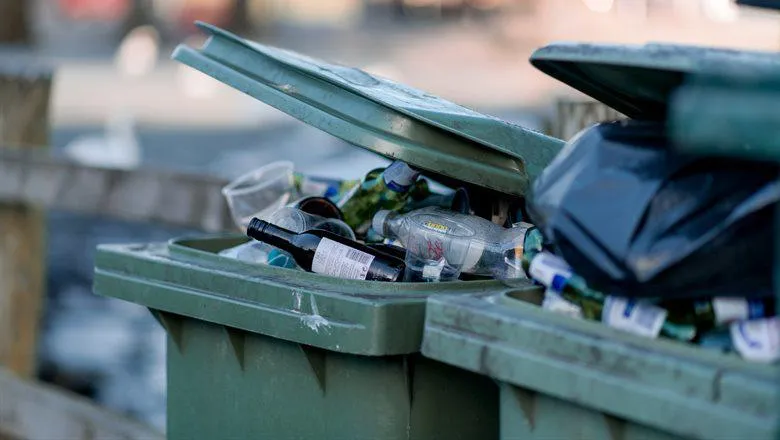For people living with more serious alcohol problems, the pandemic has had a dual effect of increasing their vulnerability to relapse at a time when the support available from specialist alcohol treatment services has been significantly curtailed due to social distancing. There is likely to be a surge in people seeking help for alcohol problems as the pandemic progresses.
Professor Colin Drummond, Institute of Psychiatry, Psychology & Neuroscience, King's College London
01 June 2020
Nearly a third of UK public drinking more alcohol than usual during the pandemic
Nearly a third of people (29%) are reporting that they have drunk more alcohol than they normally would, according to a major new study by the Policy Institute at King’s College London in partnership with Ipsos MORI.

This is the second survey that has been run across the UK since the pandemic began and the percentage of people reporting that they have drunk more alcohol than normal is up from 19% when the same survey ran in early April.
Commenting on the findings from the survey, Colin Drummond, Professor of Addiction Psychiatry from the Institute of Psychiatry, Psychology & Neuroscience (IoPPN), King’s College London said: ‘There is extensive evidence that the population level of alcohol consumption is highly correlated with health harm. So with a substantial increase in alcohol consumption during the COVID-19 pandemic, as shown in the latest Ipsos MORI survey, we can expect in due course a surge in alcohol related ill health including alcohol-related liver disease admissions and deaths. This will place an increased burden on our already over-stretched NHS.’
The study also showed that 43% of people in the UK have felt more lonely than usual and 35% have postponed seeking medical advice or treatment unrelated to Covid-19.
Professor Drummond added: ‘But alcohol treatment services are already depleted due to cuts to the local authority's public health grants over the last 5 years, leaving them ill equipped to respond to a surge in demand.
‘Alcohol consumption and mental health are intimately linked. An increase in isolation, mental distress, depression and anxiety is likely to have been a factor driving increased alcohol consumption during the COVID-19 pandemic. In turn, that increase in alcohol consumption is likely to increase the prevalence and severity of mental disorders, leading to increased demand for mental health care.’
The study is based on 2,254 interviews with UK residents aged 16-75, and was carried out online between 20 and 22 May 2020. Some of these latest results are compared with findings from a similar survey conducted between 1 and 3 April 2020.
Contact
For interviews or any further media information, please contact: Franca Davenport, Interim Senior Press Officer, IoPPN: franca.davenport@kcl.ac.uk / +44 7718 697176

